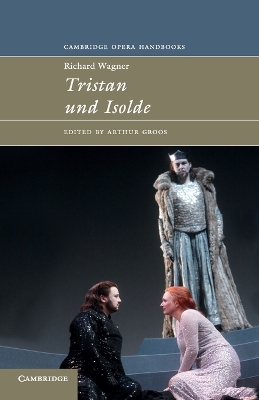Cambridge Opera Handbooks
1 total work
Wagner's Tristan und Isolde occupies a singular position in the history of Western culture. What Nietzsche called the 'sweet and terrible infinity' of its basic nexus of longing and death has fascinated audiences since its first performance in 1865. At the same time, its advanced harmonic language, immediately announced by the opening 'Tristan chord', marks a defining moment in the evolution of modern music. This accessible handbook brings together seven leading international writers to discuss the opera's genesis and the libretto's relationship to late Romantic literary concerns, present an analysis of the Prelude, the music of the drama itself, and Wagner's innovative use of instrumental timbre, and illustrate the production history and reception of the music-drama into the twenty-first century. The book includes the first English translation of Wagner's draft prose of the libretto, a detailed discussion of Wagner's orchestration, and rare pictures from important and influential productions.
